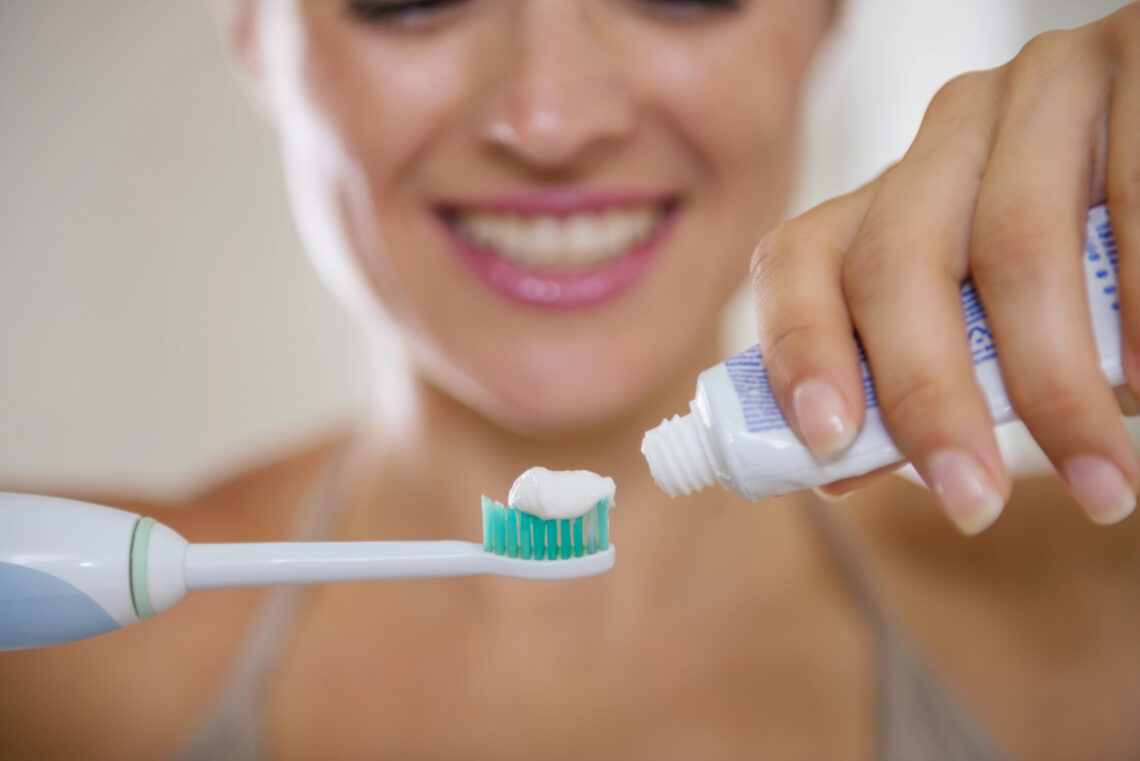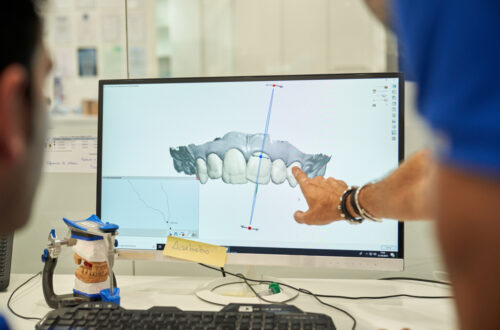
Can Homemade Toothpastes Be Better Than Commercial Ones?
In recent years, there has been a growing trend toward natural and DIY (do-it-yourself) health solutions. This movement has extended into dental care, with many people exploring homemade toothpaste as an alternative to commercial products. The allure of using natural ingredients, avoiding chemicals, and potentially saving money has made homemade toothpaste an attractive option. But can homemade toothpastes truly be better than their commercial counterparts? Let’s delve into the pros and cons, and consider some gum treatments and dental care tips to help you decide.
The Ingredients: Natural vs. Synthetic
One of the primary reasons people turn to homemade toothpaste is to avoid synthetic chemicals found in commercial toothpastes. Common commercial toothpaste ingredients include fluoride, triclosan, and sodium lauryl sulfate (SLS). While fluoride is renowned for its cavity-preventing properties, some individuals prefer to avoid it due to concerns about overexposure and potential health risks. Triclosan and SLS, on the other hand, have been scrutinized for their potential impact on hormone regulation and skin irritation, respectively.
Homemade toothpastes typically feature natural ingredients such as baking soda, coconut oil, essential oils, and xylitol. Baking soda is well-known for its mild abrasive properties, which help to remove surface stains and plaque. Coconut oil boasts antibacterial properties and may help in reducing harmful bacteria in the mouth. Essential oils like peppermint and tea tree oil not only add a pleasant flavor but also offer antimicrobial benefits. Xylitol, a natural sweetener, has been shown to reduce cavity-causing bacteria.
Effectiveness of Homemade Toothpaste
The effectiveness of homemade toothpaste can vary depending on the ingredients used and the individual’s oral health needs. Baking soda, for instance, has been proven to be effective in removing plaque and whitening teeth. Coconut oil pulling, an ancient Ayurvedic practice, has shown promise in reducing plaque and gingivitis.
However, homemade toothpastes often lack fluoride, a crucial ingredient in preventing tooth decay. The American Dental Association (ADA) and many dental professionals strongly advocate the use of fluoride toothpaste to maintain optimal dental health. Fluoride works by remineralizing tooth enamel, making it more resistant to acid attacks from bacteria in the mouth.
Safety Considerations
While the idea of natural ingredients is appealing, safety remains a critical concern. Homemade toothpaste recipes found online can vary significantly in their formulations and concentrations. Some recipes might be too abrasive, potentially damaging tooth enamel if used excessively. It is essential to research thoroughly and consult with a dental professional before using any homemade dental care products.
Gum Treatments and Natural Alternatives
Maintaining healthy gums is a fundamental aspect of overall oral health. Gum disease, if left untreated, can lead to severe complications, including tooth loss. Here are some natural gum treatments and dental care tips that can complement your oral hygiene routine:
1. Aloe Vera Gel: Aloe vera has anti-inflammatory properties and can be applied directly to the gums to soothe irritation and promote healing.
2. Saltwater Rinse: A simple saltwater rinse can help reduce inflammation and kill bacteria. Mix half a teaspoon of salt in a glass of warm water and rinse your mouth thoroughly.
3. Tea Tree Oil: Known for its antimicrobial properties, tea tree oil can be diluted with water and used as a mouthwash to reduce bacteria and inflammation.
4. Turmeric Paste: Turmeric has anti-inflammatory and antibacterial properties. Mixing turmeric powder with water to form a paste and applying it to the gums can help alleviate gum inflammation.
Dental Care Tips
Regardless of whether you choose homemade or commercial toothpaste, adhering to good dental care practices is crucial for maintaining oral health. Here are some essential dental care tips:
1. Brush Twice a Day: Brushing your teeth twice daily helps remove plaque and prevent cavities. Use a soft-bristled toothbrush to avoid damaging your gums and enamel.
2. Floss Daily: Flossing removes plaque and food particles between teeth that a toothbrush cannot reach. This helps prevent gum disease and cavities.
3. Regular Dental Check-Ups: Visiting your dentist regularly for check-ups and cleanings is essential for early detection and treatment of dental issues.
4. Healthy Diet: A diet rich in fruits, vegetables, and dairy products supports dental health. Avoid excessive consumption of sugary and acidic foods, which can erode tooth enamel and lead to cavities.
5. Stay Hydrated: Drinking plenty of water helps wash away food particles and bacteria, reducing the risk of tooth decay and gum disease.
Homemade toothpaste can be a viable alternative to commercial products, especially for those seeking natural ingredients and a DIY approach. However, it is crucial to balance the benefits with potential drawbacks, such as the absence of fluoride and the risk of improper formulations. For optimal oral health, combining homemade solutions with conventional dental care products and practices is often the best approach. Always consult with your dentist to ensure that your dental care regimen meets your specific needs and keeps your smile healthy and bright.




